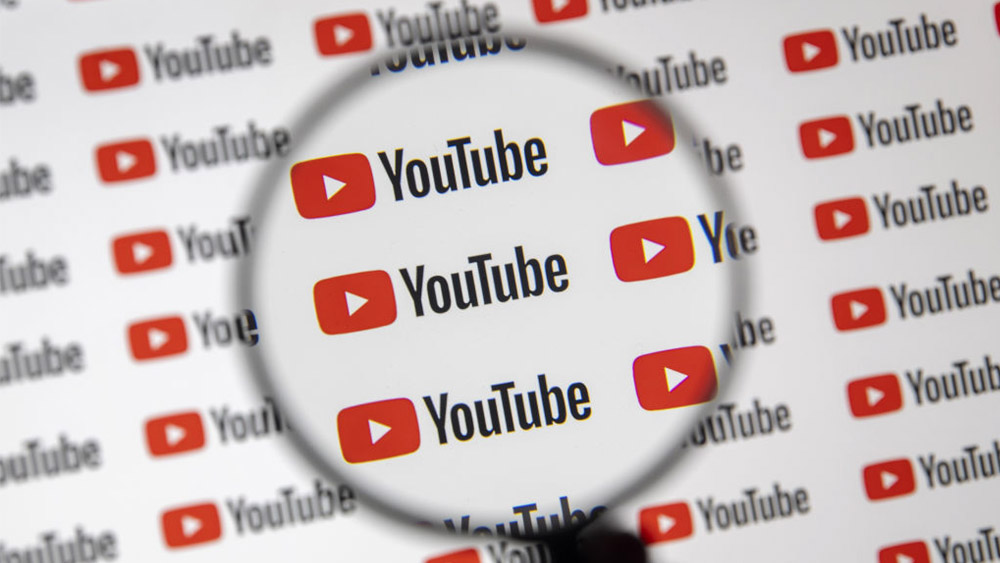“This is the latest chapter in a disturbing trend where we see government agencies increasingly transforming search warrants into digital dragnets. It’s unconstitutional, it’s terrifying and it’s happening every day,” states surveillance watchdog..
The FBI demanded that Google turn over the identities of tens of thousands of users who watched certain YouTube videos.
Federal investigators obtained court-ordered subpoenas for any YouTube viewers who watched tutorials on mapping with drones and augmented reality software.
WTF pic.twitter.com/rKbaqHYnlz
— Karli Bonne’ 🇺🇸 (@KarluskaP) March 26, 2024
The subpoena included names, addresses, telephone numbers, and browsing history for Google accounts for at least 30,000 people, tracing traffic to the relevant videos for the first week of January 2023.
The government also wanted the IP addresses of non-Google account owners who viewed the videos.
“There is reason to believe that these records would be relevant and material to an ongoing criminal investigation, including by providing identification information about the perpetrators,” the authorities claimed, according to Forbes.
Google was also told to keep the request secret until it was unsealed earlier this week. It’s unknown if Google complied with the subpoena.
But that wasn’t the only case of the FBI trampling on privacy rights.
From Forbes:
In another example, involving an investigation in New Hampshire, the Portsmouth Police received a threat from an unknown male that an explosive had been placed in a trashcan in a public area. The order says that after the police searched the area, they learned they were being watched over a YouTube live stream camera associated with a local business. Federal investigators believe similar events have happened across the U.S., where bomb threats were made and cops watched via YouTube.
They asked Google to provide a list of accounts that “viewed and/or interacted with” eight YouTube live streams and the associated identifying information during specific timeframes. That included a video posted by Boston and Maine Live, which has 130,000 subscribers. Mike McCormack, who set up the company behind the account, IP Time Lapse, said he knew about the order, adding that they related “to swatting incidents directed at the camera views at that time.”
Google issued a statement assuring users that it protects their privacy.
“With all law enforcement demands, we have a rigorous process designed to protect the privacy and constitutional rights of our users while supporting the important work of law enforcement,” said Google spokesperson Matt Bryant.
“We examine each demand for legal validity, consistent with developing case law, and we routinely push back against overbroad or otherwise inappropriate demands for user data, including objecting to some demands entirely.”
Privacy experts contended that the FBI’s move was unconstitutional because it violated the 1st Amendment’s free speech protections and freedom from unreasonable searches outlined in the 4th Amendment.
“This is the latest chapter in a disturbing trend where we see government agencies increasingly transforming search warrants into digital dragnets. It’s unconstitutional, it’s terrifying and it’s happening every day,” said Albert Fox-Cahn, executive director at the Surveillance Technology Oversight Project. “No one should fear a knock at the door from police simply because of what the YouTube algorithm serves up. I’m horrified that the courts are allowing this.”
Electronic Privacy Information Center’s senior counsel John Davisson echoed that sentiment and pointed out the FBI’s request disregarded probable cause.
“What we watch online can reveal deeply sensitive information about us—our politics, our passions, our religious beliefs, and much more,” said Davisson.
“It’s fair to expect that law enforcement won’t have access to that information without probable cause. This order turns that assumption on its head.”


